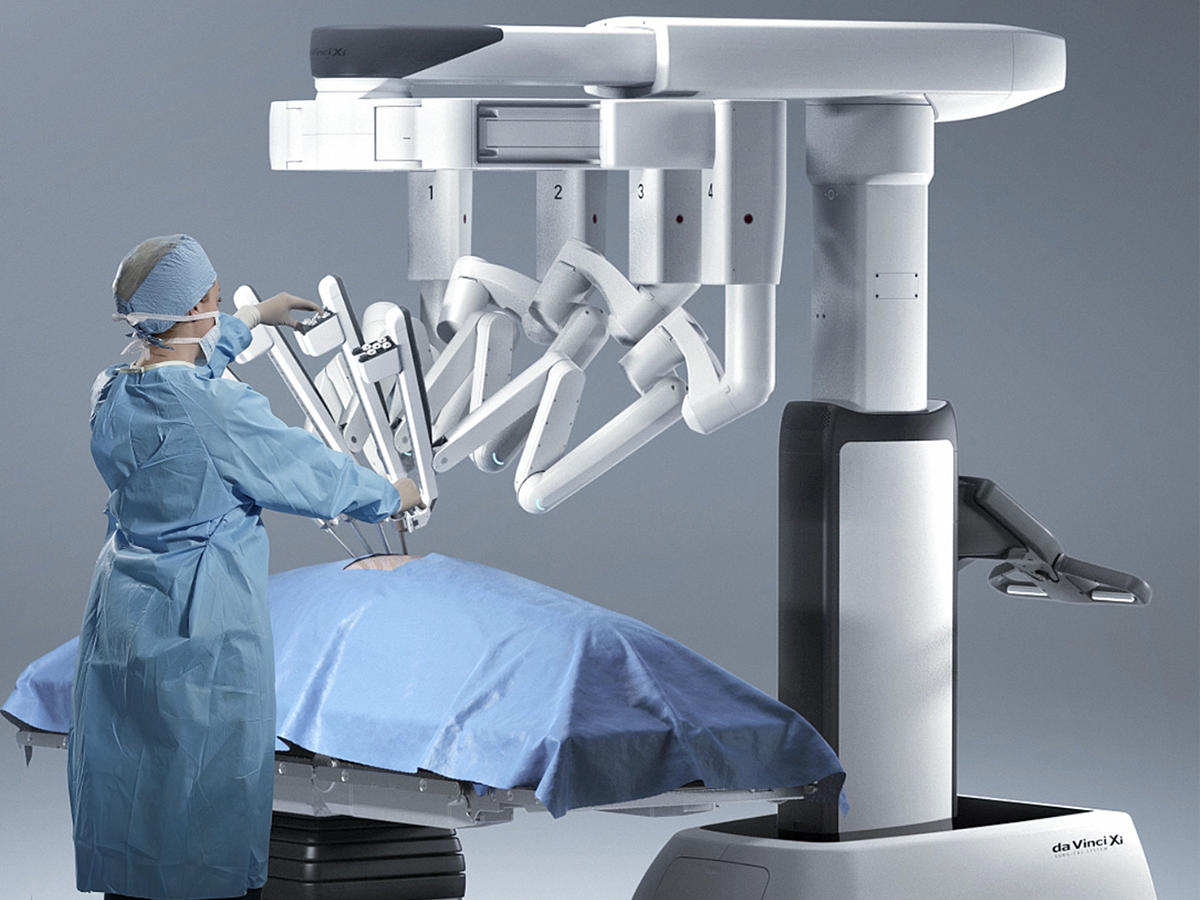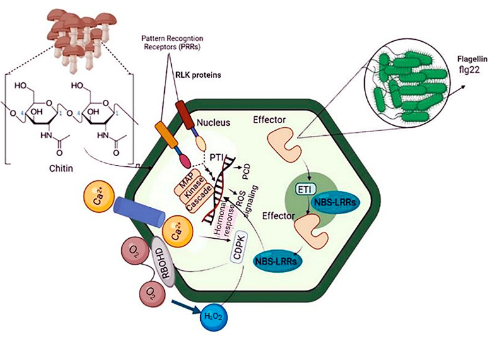Historically, the process of finding and creating new medications has been difficult, costly, and full with obstacles. Scientists would sort through many substances in the hopes of discovering one that would be useful as a treatment for a particular illness. The introduction of novel treatments to the market was severely hampered by the lengthy and often unsuccessful nature of this conventional method.
However, the field of drug discovery and development has experienced a significant upheaval since the introduction of Artificial Intelligence (AI), Machine Learning (ML), and Generative AI. With the aid of these cutting-edge tools, researchers may quickly move along the drug development pipeline by utilizing enormous volumes of data, finding patterns, and making predictions.
Finding appropriate chemical targets for new medications is one of the most important phases in the drug discovery process. This procedure used to be time-consuming and tedious. But AI has transformed target identification by sifting through enormous biological data sets, like as proteomics and genomics, to identify molecules or proteins that may be crucial to the onset or course of disease.
To find new treatment targets for complicated illnesses like amyotrophic lateral sclerosis (ALS), for example, businesses like BenevolentAI have used AI algorithms. This novel method provides new opportunities for treating diseases that were thought to be incurable while also speeding up target identification.
Artificial intelligence (AI) has sped the tedious process of designing medications with the necessary qualities. Utilizing AI and ML, Accelerated Drug Design (ADD) examines massive datasets, including proteomic and genomic data, to find possible drug targets and enhance drug compounds more quickly and effectively.
To speed up drug research, for instance, Pfizer collaborated with AI startups like Insilico Medicine. Generative Adversarial Networks (GANs) are one type of AI algorithm that Insilico Medicine utilized to build a novel medication candidate for fibrosis, demonstrating how AI can speed up the process of designing new drugs.
AI has also been a major factor in drug repurposing, which is the practice of using well-known medications for novel therapeutic uses. This strategy uses already-approved medications with well-established safety profiles to speed up the drug development process.
One excellent example is the way BenevolentAI explores the Knowledge Graph using AI and ML technologies to find insights regarding viral infections and inflammation. They showed how AI can speed up efforts to repurpose drugs by identifying baricitinib, an approved treatment for rheumatoid arthritis, as a viable option for its anti-viral action.
By streamlining patient screening, venue selection, study design, data management, and patient involvement, artificial intelligence has completely transformed clinical trials. By improving cohort homogeneity, machine learning models minimize the number of patients needed and maximize available resources.
Artificial intelligence (AI) is used by platforms such as IBM Watson and Tempus to enhance trial designs, patient recruiting, and real-time monitoring, leading to speedier and more economical trials.
AI plays a critical role in personalized medicine, especially in the area of medication discovery. Artificial intelligence (AI) systems can evaluate patient data and customize treatments based on individual features and clinical outcomes thanks to genomic profiling and Natural Language Processing (NLP) approaches.
methods for phenotypic personalized medicine (PPM), such as employing artificial intelligence (AI) technologies like CURATE and the Quadratic Phenotypic Optimization Platform (QPOP).AI, demonstrate how AI can be used to optimize treatment plans based on the unique data of each patient.
To sum up, artificial intelligence is transforming the process of drug discovery and development by optimizing workflows, cutting down on time, and improving results. These developments portend a better future for healthcare around the world by providing promise for quicker and more efficient treatments for a variety of illnesses.








